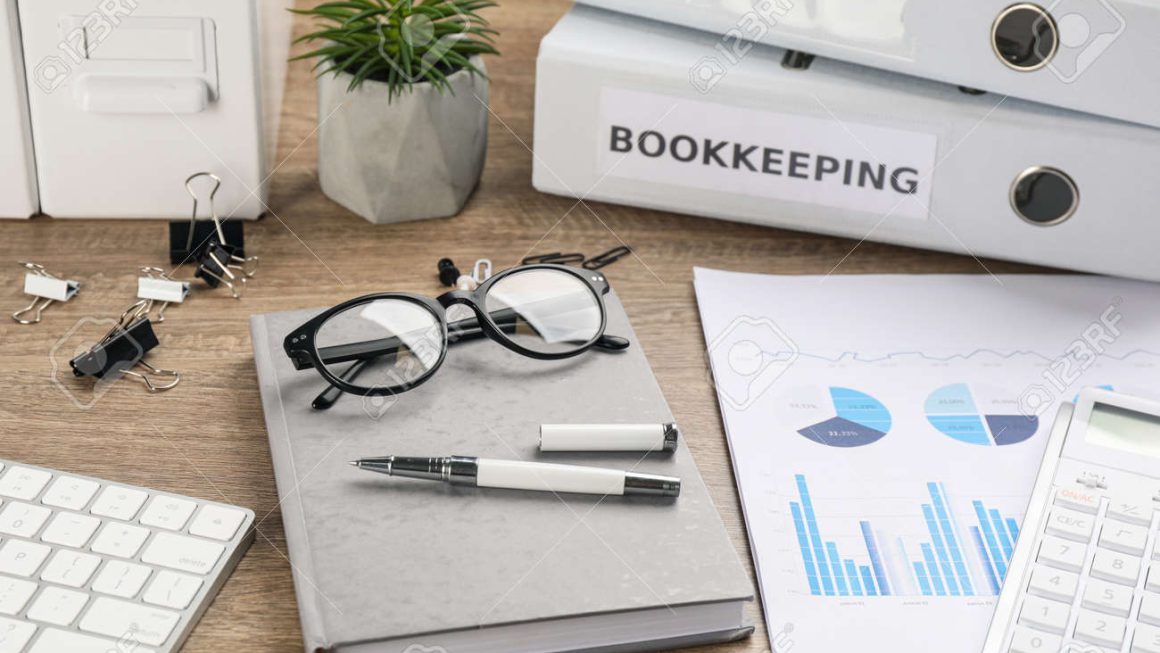What is Small Business?
Small businesses are the backbone of any economy. They are the lifeblood of communities, providing jobs and goods and services to the people who live there. Small businesses are often the first to take risks and start new initiatives. They are the innovators, the job creators, and the heart of the local economy.
But what exactly is a small business? There is no single definition of a small business, as the definition varies by sector, industry, and country. Generally, though, a small business is defined as a business with fewer than 500 employees, and an annual revenue of less than $7 million.
Small businesses come in many types, from sole proprietorships to partnerships to limited liability companies. They can be service-based, retail-based, or online-based. There are also micro-businesses, which are even smaller than small businesses, with fewer than 10 employees and an annual revenue of less than $100,000.
When it comes to small business ideas, the possibilities are nearly endless. Many entrepreneurs choose to open a business in an industry they’re already familiar with, such as a restaurant or retail store. Other entrepreneurs venture into completely new territory, such as a tech startup or a virtual assistant business.
No matter what type of small business you’re interested in, there are a few key steps that you should take to get started. First, you’ll need to do some research and come up with a business plan. Next, you’ll need to secure financing, either through a bank loan or an investor. Then, you’ll need to find a location, if applicable, and hire employees. Finally, you’ll need to market your business and create a customer base.
Small businesses are an integral part of the global economy, and they provide employment and economic growth to their local communities. With the right planning and a little hard work, you can turn your small business dreams into reality.
Types of Small Businesses
Small businesses are an integral part of any economy. They provide jobs for local communities, create products and services that are tailored to local needs, and contribute to the overall economic growth of a region. There are many different types of small businesses, each of which has its own unique set of challenges and opportunities. In this blog post, we’ll take a look at some of the most common types of small businesses and discuss their characteristics and potential for success.
The first type of small business is a sole proprietorship. This type of business is owned and operated by one individual. The owner is responsible for all decisions and operations, and has complete control over the business. The upside of a sole proprietorship is that it is relatively easy to set up and maintain. The downside is that the owner is personally liable for any debts and obligations.
Another type of small business is a partnership. This type of business is owned and operated by two or more individuals. Each partner has an equal share in the business, and all partners share responsibility for the decisions and operations. The upside of a partnership is that it allows for more capital and expertise than a sole proprietorship. The downside is that each partner is personally liable for any debts and obligations.
The third type of small business is a limited liability company (LLC). This type of business is owned and operated by a group of individuals, but the members have limited personal liability. An LLC is a popular choice for small business owners because it offers flexibility and protection from personal liability. The downside is that it requires more paperwork and compliance than a sole proprietorship or partnership.
The fourth type of small business is a corporation. This type of business is owned and operated by a group of shareholders, and the shareholders are not personally liable for any debts or obligations. The upside of a corporation is that it offers more protection from personal liability, and it can be easier to attract investors. The downside is that it requires more paperwork and compliance than a sole proprietorship, partnership, or LLC.
Finally, the fifth type of small business is a franchise. This type of business is owned and operated by an individual or group, but the franchisee must abide by the rules and regulations set forth by the franchisor. The upside of a franchise is that it offers a ready-made business model and support from the franchisor. The downside is that the franchisee is bound by the terms of the franchise agreement and may not be able to make decisions independently.
These are just a few of the most common types of small businesses, each of which has its own unique set of advantages and disadvantages. To determine which type of small business is best for you, consider your personal goals and objectives, financial resources, and level of experience.
Reasons to Start a Small Business
Starting a small business is an exciting and rewarding experience, especially for those looking to be their own boss. Small businesses can provide a steady income, flexibility, and the chance to follow your passions. But what are some of the other reasons to start a small business?
First, small businesses offer a great deal of growth potential. You can start with a small business idea and eventually grow it into something much bigger. You can also choose to focus on a particular niche, which can help you stand out from the competition.
Second, the cost of starting and running a small business is generally much lower than what it would cost to launch a large business. You can save on overhead costs such as rent, utilities, and payroll, and you don’t need to invest in expensive equipment or technology. This makes small business ownership a great way to make a living without breaking the bank.
Third, small businesses can provide you with a great sense of satisfaction. You get to be your own boss and have the freedom to make decisions and shape the direction of your business. Plus, you can take pride in knowing that you are creating something of your own.
Finally, small businesses can provide you with a variety of opportunities. You can network with other small business owners and collaborate with them on projects or ideas. You can also join local business groups and attend events to gain more exposure and make new contacts.
These are just a few of the reasons to start a small business. It’s a great way to pursue your passions, create something of your own, and build a successful business that can provide you with a steady income. So why not take the plunge and start your own small business today?
Small Business Ideas
Small businesses are an important part of any economy. They can provide a steady income for the owners and create jobs for the local community. A small business is defined as any business that employs fewer than 500 people and has less than $7 million in annual sales. With the right resources and business ideas, anyone can start a small business and make it successful.
Small business ideas can range from providing a service to selling products. Some of the most popular small business ideas include freelance writing, web design, pet care services, tutoring, food truck, and home-based daycare. Other small business ideas include consulting, blogging, virtual assistant, and home-based travel agency.
When starting a small business, it is important to consider the location, capital, and target market. For example, a pet care service may be more successful in an urban area where there is a larger customer base. It is also important to consider the business’s legal structure, such as a sole proprietorship, partnership, corporation, or limited liability company.
Once the business is up and running, it is important to focus on marketing and promotion. This includes creating a website, developing a social media presence, and engaging in online advertising. It is also important to establish a network of contacts, such as other entrepreneurs, suppliers, and potential customers.
Small business owners should also create a business plan. This plan should include the company’s mission, a detailed description of the products and services offered, and financial projections. This plan can be used to seek financing from banks or investors.
Finally, small business owners should stay organized and manage their time effectively. This includes setting goals and sticking to them, tracking expenses, and maintaining good records.
Small businesses can be incredibly rewarding and provide a steady income for the business owners. With the right resources and business ideas, anyone can start their own small business and make it successful.
Advantages and Disadvantages of Small Businesses
Small businesses are a great way to start your own business and achieve financial independence. They can be a great source of income, provide job opportunities, and help to boost the economy. However, there are both advantages and disadvantages of small businesses that should be taken into consideration before embarking on this venture.
Advantages of Small Businesses
1. Lower Startup Costs: One of the major advantages of small businesses is that they typically require less capital to get started. This makes them ideal for entrepreneurs who may not have a lot of money to invest.
2. Flexibility: Small businesses are also more flexible than larger corporations. This allows you to change and adapt to market conditions more easily. You can also be more creative with your approach to running the business.
3. Personal Relationships: Small businesses often foster a more personal relationship between the owner and their customers. This can be beneficial in terms of customer loyalty and satisfaction.
4. Potential for Growth: Small businesses have the potential to grow into larger, more successful enterprises. This can provide an opportunity to increase profits and expand into new markets.
Disadvantages of Small Businesses
1. Limited Resources: Small businesses often have limited resources, which can make it difficult to compete with larger competitors. This can lead to lower profits and a slower growth rate.
2. Difficult to Obtain Financing: It can be difficult for small businesses to obtain financing from banks, as they are seen as a higher risk. This can be a major obstacle to growth.
3. Risk of Failure: Small businesses are more vulnerable to economic downturns and competition. This can lead to a high risk of failure if the business is not managed properly.
4. High Stress Levels: Running a small business can be very stressful, as there is more responsibility and a greater pressure to succeed.
In conclusion, small businesses can be a great way to achieve financial independence and create job opportunities. However, there are both advantages and disadvantages that should be considered before starting a small business. It is important to do your research and be aware of the risks involved. With the right attitude and planning, small businesses can be a great way to start your own business.












